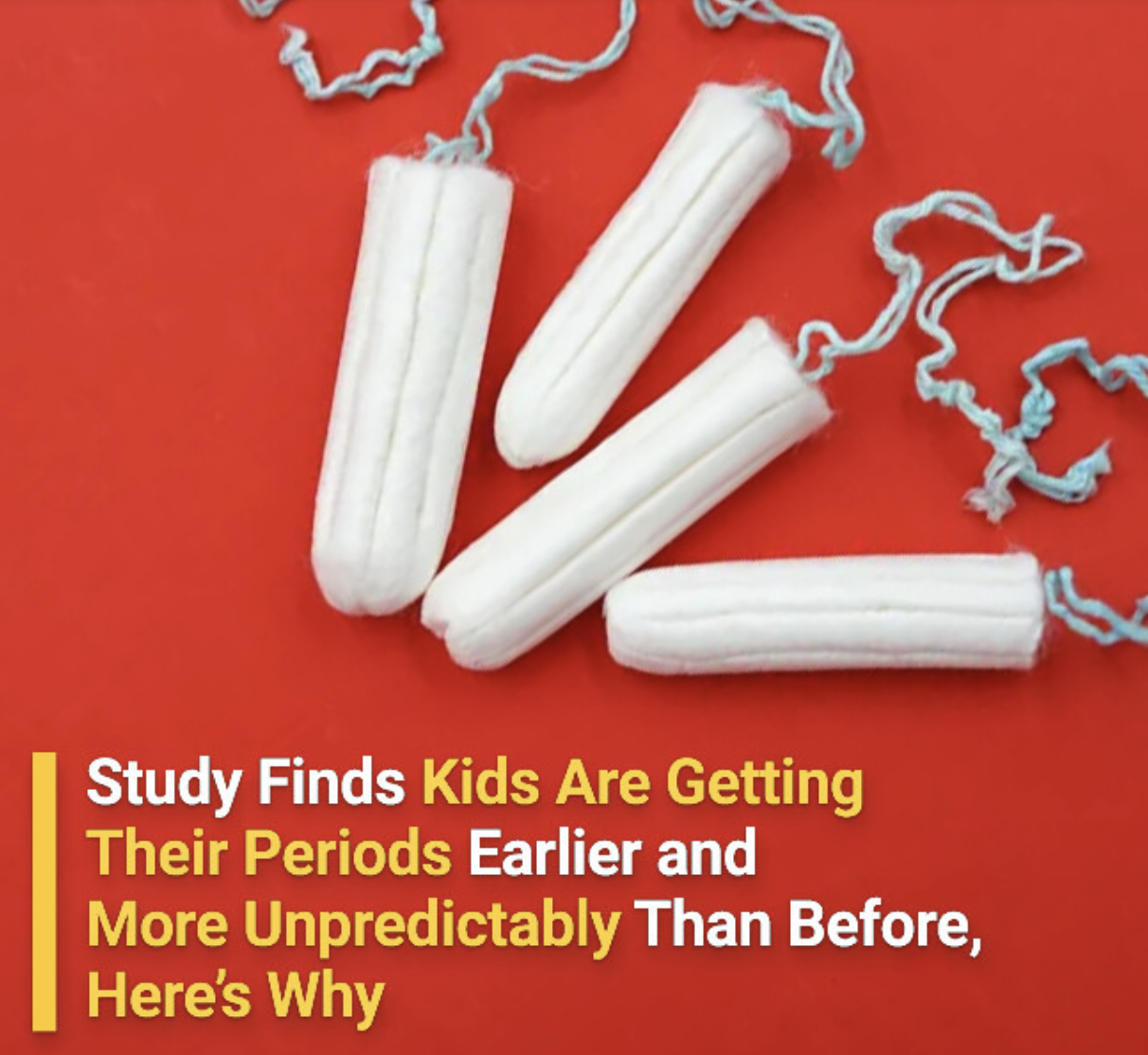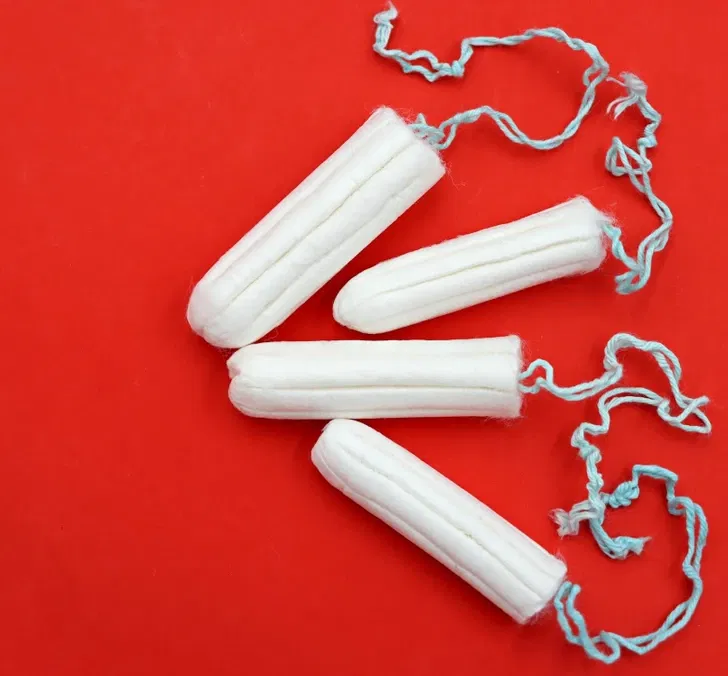
Researchers examining periods stated that girls receiving their periods early can occur for a variety of causes. A new study discovered that children’s periods are starting younger, and the time it takes for them to become regular is shifting.
These findings were published in the journal JAMA Network Open on May 29, 2024.
A study of 71,341 iPhone and Apple Watch users revealed that females born between 2000 and 2005 typically have their first period at the age of 11.9 years. In comparison, those born between 1950 and 1969 had their first period around the age of 12.5. The study shows a downward trend in the age of first menstruation over generations. This shows that the factors that influence puberty timing may be shifting.
These changes could contribute to a rise in unfavorable health outcomes and inequities in the United States.
Dr. Wang stated that this is significant because starting periods early and having irregular ones can suggest potential health issues later in life that require care. He also stated that these developments could lead to increased health problems and differences in the United States. This emphasizes the need of comprehending and tackling these developments for public health reasons.
The researchers who worked on the study said that starting periods early could happen because of many reasons.
They pointed out that being overweight is a risk factor for starting puberty early, suggesting a potential link between obesity and early onset of menstruation. Given the increasing prevalence of overweight children in the U.S., they hypothesize that obesity might contribute to the trend of girls starting their periods earlier.
Researchers also discovered that body weight at the time of menarche has a significant role in this tendency.
The results showed that the average age at menarche decreased with time, with more persons having early menarche and fewer achieving regularity within two years. Certain racial and ethnic minority groups, as well as those with poor socioeconomic standing, were more likely to experience early menarche.


















